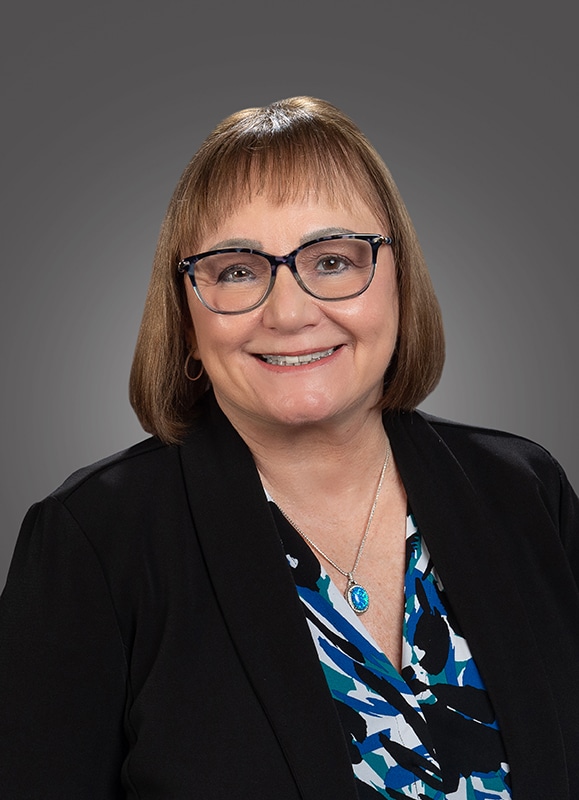The plaintiffs commenced this action seeking underinsured motorist coverage benefits from four insurers, including the…
Insurance Coverage: Connecticut Supreme Court holds plaintiffs not entitled to recover underinsured motorist coverage benefits for their alleged PTSD and reverses lower court’s decision to reduce the plaintiff’s awards by the sums received in settlement of dram shop claim

The plaintiffs, State Troopers working for the Connecticut State Police, appealed to the Connecticut Supreme Court after the Appellate Court held (1) that they were not entitled to recover underinsured motorist coverage benefits for their alleged PTSD and (2) that the defendant insurer was entitled a reduction of the plaintiff’s awards by the amount recovered on a dram shop claim. The underlying complaint alleged that after pulling over a vehicle, the three officers/plaintiffs each parked their cruisers with their lights activated. Two of the officers exited their vehicles to speak to the driver while the third officer remained in his vehicle behind the other cruisers. Another vehicle then struck the third officer’s cruiser, sending the parked cruiser forward toward the two officers standing outside, resulting in injuries. The officers then commenced underinsured motorist actions against the State, alleging injuries from the accident, that their personal insurance and the nonparty tortfeasor’s insurance were insufficient to compensate them for their injuries and that the State had not disbursed underinsured motorist benefits to them for their injuries. The plaintiffs further alleged that they suffered PTSD. The plaintiffs each saw a professional counselor who testified at trial regarding their treatment and diagnosed PTSD. The trial court held that neither the expert testimony of the professional counselor nor the diagnosis of PTSD was credible. The Supreme Court finds that the review of this rejection is governed by settled principles including that “expert testimony is required when the question involved goes beyond the field of the ordinary knowledge and experience of judges or jurors” and triers of fact may accept or reject, in whole or in part, the testimony of an expert not worthy of belief. The Supreme Court explained that there must be some basis in the record to support the conclusion that the expert testimony is unworthy of belief. The trial court’s rejection was supported by a specific reason, namely, the counselor’s failure to independently assess the credibility of the plaintiffs’ reports and the counselor’s presumption that the plaintiffs were truthful in their reported PTSD symptoms for treatment purposes. It was further found that the counselor’s notes used to diagnose almost exclusively recounted symptoms as reported by the plaintiffs and very few observations. The cross-examination of the counselor also provided grounds for questioning her assumption that the plaintiffs were honestly and accurately reporting their symptoms and underscored the unlikelihood of several of the counselor’s findings. Because the trial court’s rejection of the expert testimony was not impermissibly arbitrary, and in the absence of credible expert testimony, the Supreme Court holds that the plaintiffs could not recover damages for PTSD, even if coverage was afforded for such an injury under the UM/IUM statutory scheme and the state’s UM/UIM policy. In regard to the second issue, the Supreme Court agrees with the plaintiffs’ argument that the Appellate Court incorrectly concluded that the trial court should have reduced their award by the sums received in settlement of their dram shop claims. The Supreme Court recognizes that the legislature abrogated the common-law rule with respect to pretrial settlement payments when it adopted General Statute § 52-216a. The Court explains that the trial court may reduce the damages to account for pretrial settlement payments, when the award would otherwise be excessive as a matter of law in the absence of such a reduction. As explained, a settlement “does not necessarily represent a claimant’s fair, just and reasonable damages but, rather, represents, in part, the parties’ assessments of the risks of litigation.” The Supreme Court goes on to explain that the dram shop settlement payments in the present case, for example, may have contemplated damages for PTSD, which were not included as part of the trial court’s award and were legally unavailable in this action. The plaintiffs’ damages award cannot be deemed excessive as a matter of law under such circumstances. The State’s argument that the dram shop settlement payments are a “collateral source” for which a reduction is appropriate holds little merit, as “[s]ettlements expressly have been excluded from the statutory definition of ‘collateral sources’ for purposes of civil actions…” Therefore, the Appellate Court incorrectly concluded that the trial court should have reduced the award by the sums received in settlement of the dram shop claim. Menard v. State, 346 Conn. 506 (2023).



